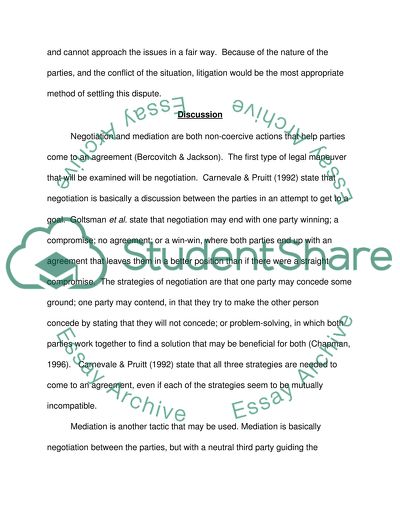Cite this document
(“The Dispute between Shylock and Antonio Essay Example | Topics and Well Written Essays - 2500 words”, n.d.)
Retrieved from https://studentshare.org/law/1393749-the-dispute-between-shylock-and-antonio
Retrieved from https://studentshare.org/law/1393749-the-dispute-between-shylock-and-antonio
(The Dispute Between Shylock and Antonio Essay Example | Topics and Well Written Essays - 2500 Words)
https://studentshare.org/law/1393749-the-dispute-between-shylock-and-antonio.
https://studentshare.org/law/1393749-the-dispute-between-shylock-and-antonio.
“The Dispute Between Shylock and Antonio Essay Example | Topics and Well Written Essays - 2500 Words”, n.d. https://studentshare.org/law/1393749-the-dispute-between-shylock-and-antonio.


